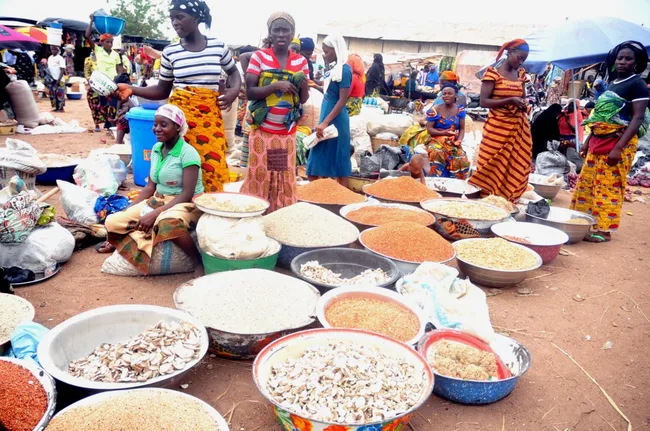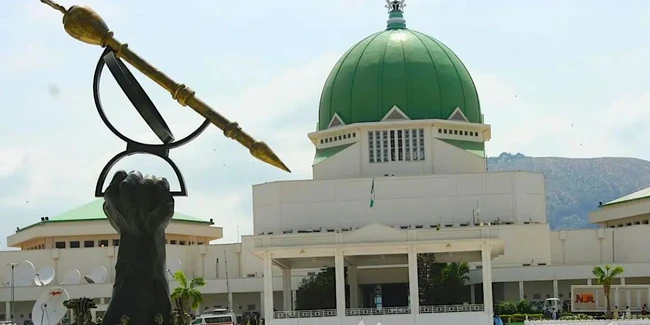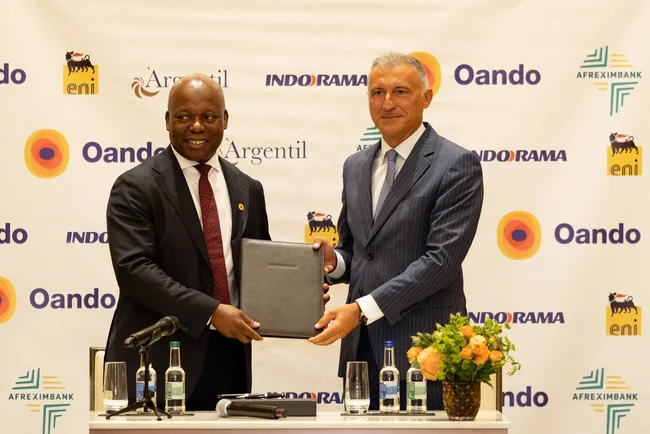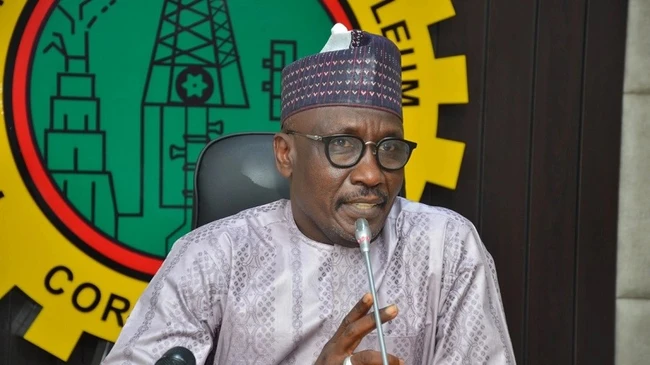The World Bank has released the Nigeria Development Update report, stating that over 129 million Nigerians are currently trapped in poverty.
It released the report on Thursday in Abuja as headline inflation rises, forcing millions of Nigerians into hunger.
According to the global financial body, the over 129 million Nigerians represented a sharp rise from 40.1 per cent in 2018 to 56 per cent in 2024.
Since the border closure, it has even been a double whammy for the local population, who have seen food prices explode under the combined effect of new movement restrictions and galloping inflation after the Nigerian president , Bola Ahmed Tinubu, in office since May, implemented economic reforms which plunged the country into crisis. (P
The World Bank report read, “With growth proving too slow to outpace inflation, poverty has risen sharply. Since 2018, the share of Nigerians living below the national poverty line16 is estimated to have risen sharply from 40.1 per cent to 56.0 per cent.
“Combined with population growth, this means that some 129 million Nigerians are living in poverty. This stark increase partly reflects Nigeria’s beleaguered growth record. Real GDP per capita has not recovered to the level it was at prior to the oil price-induced recession in 2016.
“The COVID-19 pandemic compounded this drop in economic activity. Moreover, growth is failing to outpace inflation: large increases in prices across almost all goods have diminished purchasing power.”
It added, “Multiple shocks in a context of high economic insecurity have deepened and broadened poverty, with over 115 million Nigerians estimated to have been poor in 2023. Since 2018/19, an additional nearly 35 million people have fallen into poverty, so that more than half of Nigerians (51.1 per cent of the population in 2023) are now estimated to live in poverty.”
According to the report, there was an increase from 115 million in 2023 to 129 million in 2024, which means that 14 million Nigerians have become poorer this year.
The Washington-based bank attributed this surge to inflation, poor economic management, and external shocks.
“Several shocks have contributed to this major increase and changing profile of the poor: the COVID-19 recession, natural disasters such as flooding, growing insecurity, the high cost of the demonetization policy in Q1 2023, high inflation, and low economic growth.
“Previous domestic policy missteps compounded the effects of the shocks, particularly rising inflation, eroding the purchasing power, especially of urban households, pushing many into poverty. The government is ramping up the cash transfer programs to support economically insecure households to help weather the crisis,” the report noted.
It further revealed that while poverty remained a rural phenomenon, urban poverty had grown significantly, with 31.3 per cent of urban dwellers now living in poverty, up from 18 per cent in 2018.
ChannelsTV Report
![]()










